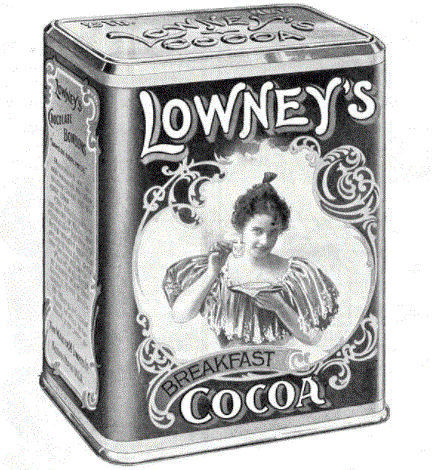Milk sometimes, restlessness prevents a child from relaxing enough to fall asleep. On these occasions, a warm cup of chamomile tea is one old- fashioned remedy for a restlessness that many parents swear by Taken without sweeteners, a small, soothing cup or even just a few sips of chamomile tea can help both parent and child relax.
Science has not yet investigated whether chamomile really contains any specific sleep-inducing agents, but the lovely aroma, the warmth of the tea, and the gracious intimacy of quietly sharing a small pot of tea definitely have a beneficial psychological effect.
Black tea and Japanese green tea, however, contain caffeine and should be avoided at all costs. Indeed, the importance of children avoiding beverages that contain caffeine cannot be too strongly emphasized.
I do not recommend hot or warm milk or hot cocoa at bedtime.

Commercially available hot cocoa drinks are filled with chemicals, sugar, and additives. Even by itself, cocoa has enough caffeine to disrupt a child’s sleep. Although infants thrive on mother’s milk and generally fall asleep after nursing, cow’s milk or any other nonhuman animal milk before bed is not the same thing, especially for older children. Cow’s milk, even though it contains tryptophan a sleep-inducing amino acid requires prolonged digestion and, among other reasons, is therefore not compatible with restful sleep.
The amount of chamomile tea consumed at bedtime is best limited to a minimal amount simply because the consumption of liquids will usually necessitate urination during the night. No one enjoys being awakened in the middle of the night by a full bladder, and your child is no exception. For the same reason, a glass of water at bedtime is best avoided. Still, some children, especially on hot nights, may want a glass of water to be placed by their bed at night so that they can sip as needed. This is probably all right, but I suspect that the need to drink water at night could sometimes be a physiological reaction to uncomfortably high salt intake.
Of course, if one has consumed too much salt, it is necessary to drink more water than usual, but I think we can all agree that it would be better to avoid the salt in the first place.